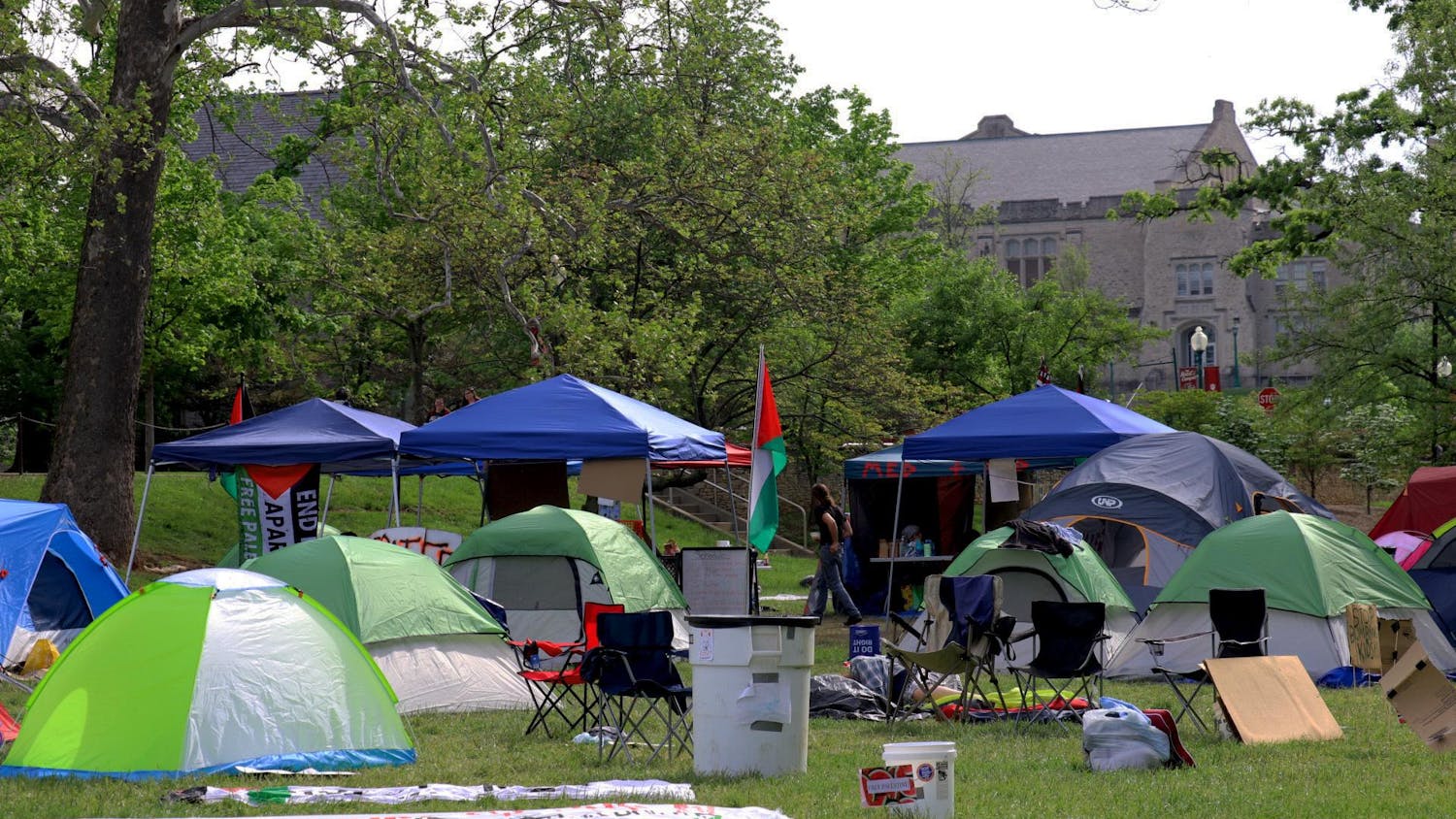Would you rather have a chocolate bar or a gallon of gas? Personally, I love chocolate, and I ride the bus everyday, so I would most certainly choose the chocolate bar.
However, most people would choose the gas.
America runs on oil — we live our lives according to our desire for it. We live in a country where gas is a necessity and chocolate is a guilty pleasure, but I think it should be the other way around. Yet as much as I like writing about chocolate and gas, this column is really about the politics behind foreign news reporting.
In the past few months, the people’s revolutions in North Africa have received a whole lot of press. However, the issues that have plagued the rest of Sub-Saharan Africa have largely been ignored. The most obvious example of this ignorance can be seen in the media’s treatment of Ivory Coast.
Ivory Coast is a West African nation that was a former French colony until 1960 and a leading cocoa producer in the world. After 1960, the country quickly became one of the shining beacons of economic and democratic success in West Africa, until 2002 when a civil war broke out. Eventually things became peaceful again, until November 2010 when Ivory Coast held another election.
The results of this election proved extraordinarily complicated. Essentially, President Laurent Gbagbo ran for re-election against former Prime Minister Alassane Ouattara and the rest is up for debate. The Electoral Commission claims that Outtara won 54 percent of the vote.
However, many people have suggested that the election was a fraud and that France only wants Ouattara in place because his views align with their interests. Thus, President Gbagbo and Ouattara were both sworn in at separate ceremonies, and neither will acknowledge the other’s presidency. Furthermore, the divide between Gbagbo and Ouattara supporters has led to violence, including the death of nearly 500 people and the displacement of nearly a million people.
In addition, the United States has cut all economic ties with Ivory Coast in an attempt to remove Gbagbo from power. Yet, their actions have only led to more violence and rising chocolate prices.
As Ivory Coast is the leading producer of cocoa, the principal ingredient in chocolate, the current ban has led to rapidly rising prices for American consumers. Cocoa prices are the highest that they have been in 30 years. It has been estimated that soon even the large chocolate producers like Mars and Nestle will have to raise their prices or cut the portion sizes of their chocolate bars. These changes will have a key effect on the way we think about chocolate and may actually make it into a luxury good again.
The entire situation is very complex and the lack of news coverage of Ivory Coast has made concretely knowing what is going on increasingly difficult. The increased media coverage of Libya, Tunisia and Egypt clearly illustrates that good quality news on important issues in Africa is possible. Yet, until we as readers demand to hear about the news throughout Africa, we will remain in the dark on the issues that face the rest of Africa.
So demand chocolate and real world news before it’s too late. I assure you that your mind and stomach will not be disappointed.
— tmkennel@indiana.edu
Chocolate vs. oil
Get stories like this in your inbox
Subscribe





